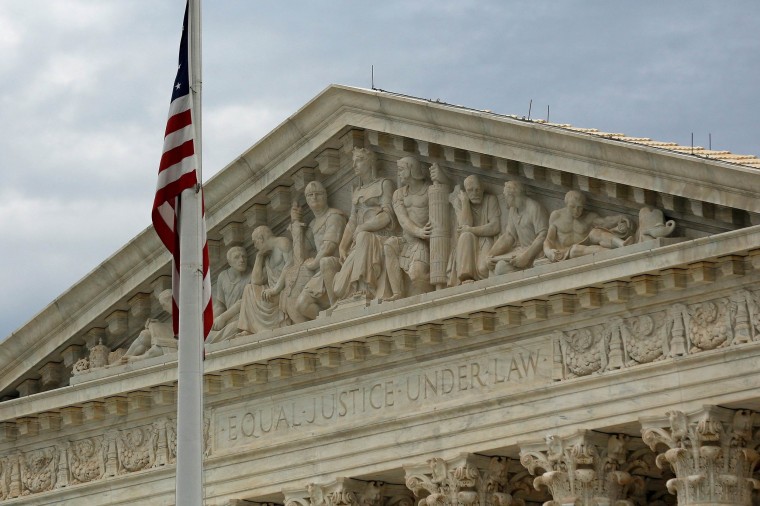The U.S. Supreme Court on Friday blocked counting the votes and declaring the winners of an election in Hawaii organized by native residents.
An order signed by Justice Anthony Kennedy prevents "counting the ballots cast in and certifying the winners of" an election intended to be a step toward creating an Indian-tribe-style governmental entity for Native Hawaiians.

A 2011 state law authorized the creation of a roll of native residents, defined as descendants of the aboriginal inhabitants of the islands. Those on the list are now voting on whether to hold a convention that will consider setting up a governmental entity.
Among the issues, according to the group conducting the election, are "Hawaiian Home Lands, water rights, gathering rights," and other questions of self-determination.
The election was challenged by non-native residents who claim the state and the election organizers are unconstitutionally using racial characteristics to restrict the voting.
"The delegates chosen through this election will decide whether to adopt a new government that will affect every individual living in the state, as well as hundreds of thousands of individuals identified as Native Hawaiians," the challengers argued in asking the Supreme Court to block the vote counting.
Two lower federal courts refused to block the balloting, ruling that the election was essentially a private one and therefore outside the scope of constitutional protections.
The challengers, argue lawyers for the election's organizers, "are seeking nothing less than to halt the private political activity of a group of Native Hawaiians to decide how and whether to move forward with forming a potentially self-governing entity."
When Hawaii was admitted to the union, Congress required the state to administer more than a million acres of land for the "betterment of the conditions" of native islanders. The state established an Office of Hawaiian Affairs, and the federal government has supported efforts by native residents to govern themselves.
Justice Kennedy's order said counting the votes and declaring the winners would remain on hold "pending further order" of the Supreme Court.
